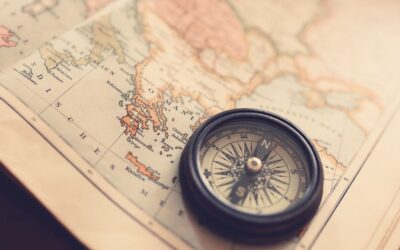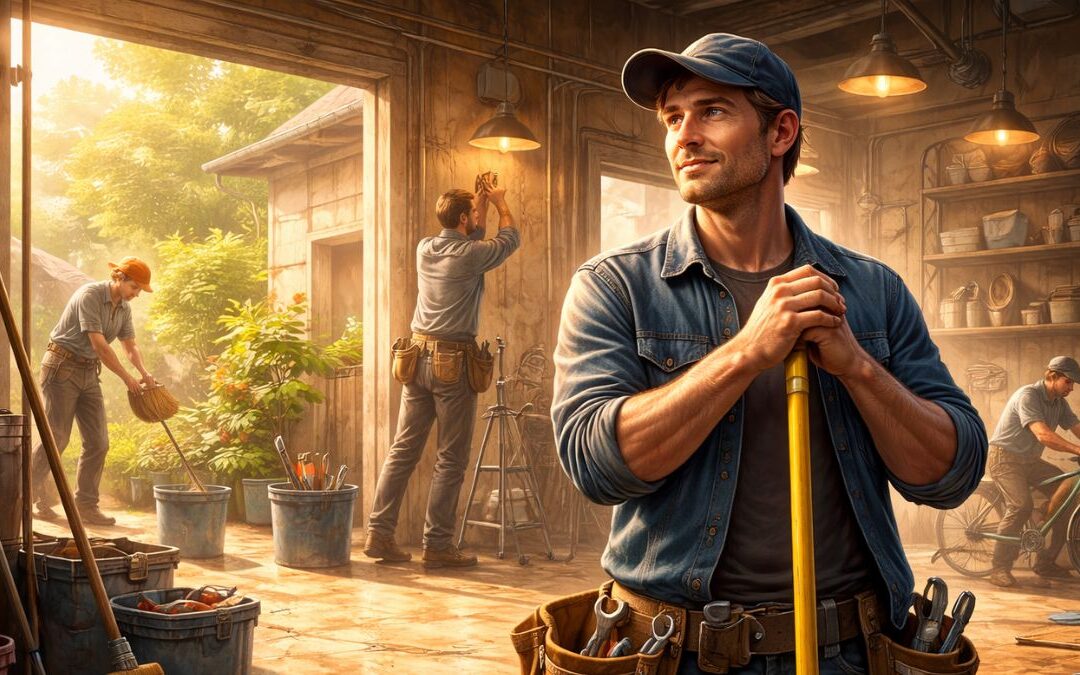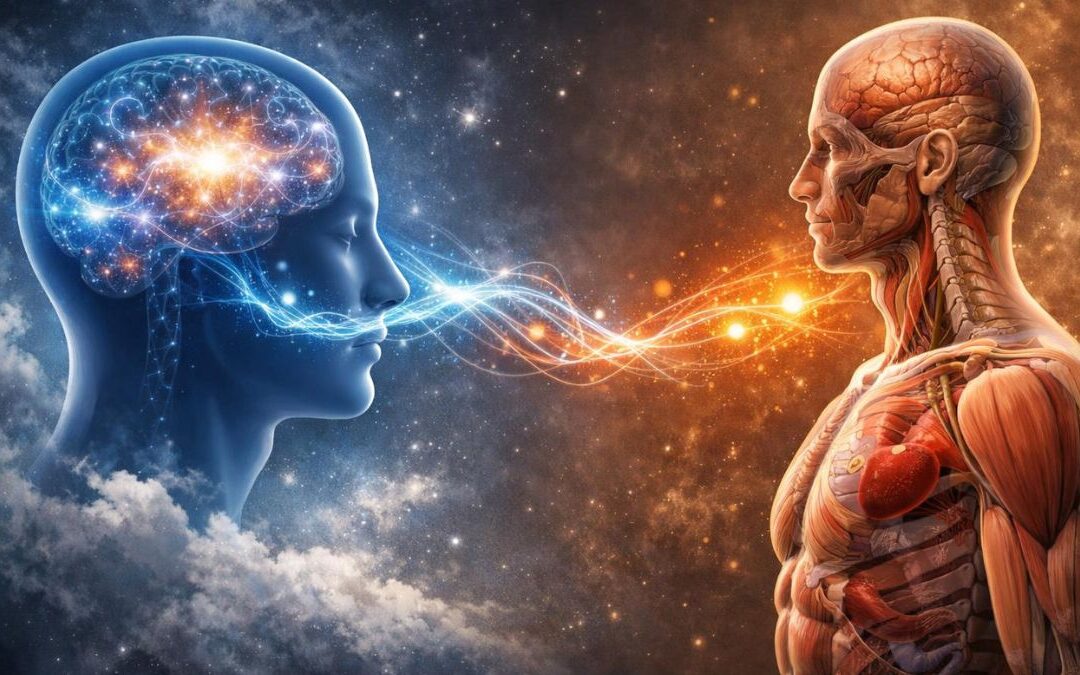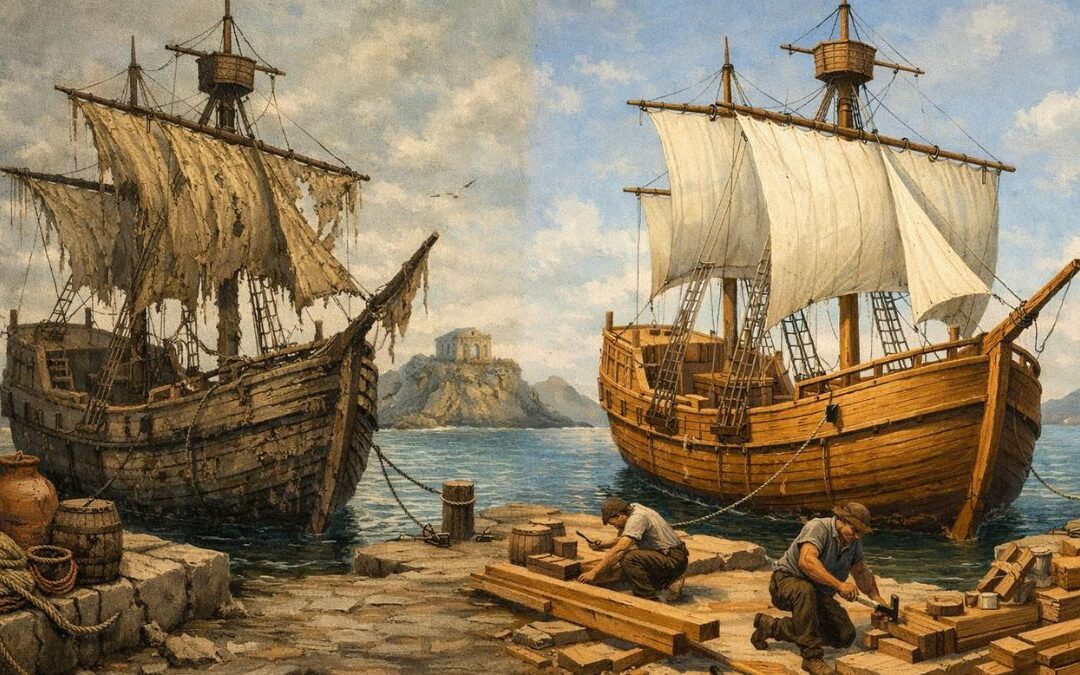Episode Transcript
This is your host Danny and this is history plus. Welcome to our third episode from 100 events that change the world. Today we will talk about 10 more events we will talk about defense 21 to 30. We will start talking about the modern medicine and the Hippocratic oath. We will talk about St. Augustine proposes just war theory. We will talk about mathematicians think of zero, the device of the musical scales, the establishment of Islam, we will talk about Charlemagne, father of Europe, and we will talk about harnessing the horse that started feudalism. We will talk about the fall of the Maya Empire. We will talk about the search for America. And finally, we will talk about an amazing literary year. Let’s start talking about the 21st event that changed the history of the world. And that is the dawn of modern medicine. With the Hippocratic oath that happened around 168 ad. The Greek physician gallon was called to roam around 168 ad to be the personal doctor to Emperor Marcus Aurelius. During his career gallan attended to five Roman emperors, but he is remember most for his medical revolutions. After working as a physician at a gladiator School, where he learned about trauma and open wounds. gallan demonstrated for the first time that arteries carry blood not air. He also discovered the distinction between venous dark and arterial right blood. Along with being the first to identify seven of the 12 cranial nerves. he pioneered procedures for brain and cataract surgery. gallan expanded on the belief of the four humors proposed by the Greek physician Hippocrates in the fifth century BC blood flagging chloric yellow bile and blanketly black bile make up the human constitution, an illness occurs when they are imbalanced. Although humoral ism was de credited in the 19th century, gallons extensive writings made it the dominant thinking for two millennia. GALEN also supported Hippocrates view that reason and clinical observation not superstition, should be used to treat disease. Hippocrates called the father of modern medicine remains a central figure in medicine because of the Hippocratic oath, which spells out the ethical and humane code of behavior by which physicians must buy. Today’s medical advances would not be possible without the founders of medicine gallon and Hippocrates. And now let’s talk about the 22nd event that changed the history of the world. And that’s when St. Augustine proposes just war theory that happened in 426 ad.
is violence ever an acceptable means to an end? This question has troubled mankind for millennia. As early as the first century BC Rome’s Marcus tullius, Cicero theorized on the justified use of armed force, a concept still debated by scholars and political leaders today, modern just war theory coalesced in the fifth century with the teachings of St. Augustine of Hippo, a founder of Western theology. In The City of God published in 426 ad, he explored the inherent conflict between Christianity and violence. Augustine concluded that although wars of aggression were never acceptable, sometimes war was a necessity for self defense or protection of the innocent. He posited that in order to be considered just warring parties must not target neutral bodies, so called noncombatant immunity, which was invoked by Switzerland in World War Two 900 years later, Italian philosopher Thomas Aquinas built on this theory describing standards that are still used to define a just war. The war must be openly declared by an appropriate authority such as a recognized state, it must have a just cause and the ultimate goal must be to establish adjust peace, despite the intent to avoid unnecessary violence. Just war has been invoked as a battle cry for conflicts from the Crusades to the United States. 2003 Iraq invasion, and now for the 23rd event that changed the history of the world and that is when mathematicians think of zero that happened in 520 ad
for millennia numerical systems started with the number one. Although Babylonians and Greeks used a symbol to indicate an empty spot in a number such as 907. The concept of nothingness remained just that nothing. It was about 500 when India’s great mathematician, astronomers, Arya, bata, and varaha. mahira describes zero as a quantity, which led to the transformation of mathematics from being not just a counting system, but also a conceptual framework. During the next few centuries, Indian mathematicians worked out the laws for adding, subtracting and multiplying by nothing. But it wasn’t until the ninth century that the concept of zero finally came to the west through the written works of Persian mathematician al Hawa is, he brought the Indian numeral system to Baghdad, where he worked at the house of wisdom, a major intellectual center during the Islamic Golden Age. alcoholism is also known for developing algebra, and now for the 24th event that changed the history of the world. And that is when Boethius devises musical scales that happened around 521 ad.
Written in the sixth century, the treaties, the institute Yon a Music by Roman philosopher and scholar Boethius explained ancient Greek music, which was primarily built on single melodies. In the treaties, he has signed letters to pitch levels leading to the modern A to G scale, and discuss consonant scales and the intervals between pitches. Boethius also adhere to the classical idea that music was intertwined with all disciplines. His work was particularly influential to scholars of the medieval period from 500 to 1500, who considered Boethius the authority on music theory. His treaties led the way for the emergence of printed music in Europe in 1465. A century later in 1558, Italian Renaissance composer and music theorist gsf was arlena define the modern major and minor scales that are still used today. His writings spread through Europe at the end of the 16th century and influenced the next generation of musicians who began composing in the early Baroque style. And now for the 25th event that changed the history of the world. That is when a loss Prophet Muhammad establishes Islam that happened in 622 ad.
The Prophet Muhammad was born around 570 ad in the Arabian Peninsula, a place of nomadic peoples and caravan trading centers. At the time, people worship nature spirits and honored God’s house at a shrine in Mecca. The orphan Muhammad lived with his grandfather and an uncle and work as a shepherd, camel driver and merchant. He earned the name of El amin, which means the trustworthy when he was 25. He married a wealthy widow 15 years his senior with whom he had six children. After her death, he is said to have married more women. By the early seven century, the idea of monotheism had spread throughout the Middle East via Judaism and Christianity. Muhammad recognize the value of one coherent doctrine of life and worship. according to Islamic teaching. In the year 610. He had a vision and heard a voice that demanded his obedience to the One God Allah, Muhammad began teaching, there is no God but Allah and Muhammad is His Prophet, he preached that the faithful would enjoy a glorious afterlife. the wealthiest goal in life was to share with the poor and the worship of idols was wrong. In 622, having been warned that the leaders of various tribes were plotting to kill him hammered fled Mecca. His journey crystallized his beliefs and mark the start of Islam which means submission to the will of Allah as well as the first year of the Islamic calendar. He gathered followers as he fled to the town of yathrib, which became Medina and nabee, the city of the Prophet now known as Medina in Saudi Arabia. Within a decade of arriving, Muhammad’s power was recognized and he formed the first Islamic State. In 630. Muhammad returned to Mecca with a force of 10,000 men and defeated his opponents. The Quran the Holy Book of Islam is held to be the Word of God as revealed to Muhammad during two decades. It was passed on to his followers, who recorded it during the reign of Calif Osman. It spells out the five pillars of Islam, belief in one God prayer almsgiving fasting during the month of Ramadan and performing the hajj, the pilgrimage to Mecca at least once in a lifetime. Muhammad made the first hide shortly before his death in 632. his successors urge the faithful not to despair, and believers spread the faith by word and by sword. Expansion of Islamic rule by war was seen as a sacred duty known as jihad. Muhammad’s first two successors or caliphs use Jihad to establish a religious government that ruled over an empire stretching to the borders of Egypt and Persia, the third Caliph after Muhammad did not have unified support among the believers. Arguments raged about whether the caliphate should pass down Muhammad’s bloodline or be chosen for his leadership abilities. Muhammad’s favorite wife, Aisha led the ladder she oppose the selection of her son in law alley as the new Calif, gathering forces she and her follower Metallica along the Euphrates River, near Syria and Iraq. Although both sides agreed to a peaceful settlement, the Battle of the camel led to a fundamental schism in Islam, ISIS followers became known as Sunni Muslims, and the Alice party became the Shiites. the divide between the two groups still exists today. And now let’s talk about the 26 events that change the history of the world and that is Charlemagne, father of Europe that happened around 800 ad.
often called the father of Europe, Charlemagne, King of the Franks brought to his lands a unity unknown since the Roman Empire. The Franks had steadily gained power since the collapse of Rome in poor 76 when Charlemagne assumed the throne in 768, at the age of 26, after the death of his father, King Pepin the short, he inherited close ties to the Catholic Church, and energetic warrior and statesman. Charlemagne conquered Germany, France, northern Spain, and most of Italy, then forced to defeated to accept Christianity. during his reign. The ancient term Europe was revived to describe the realm but the Frankish state he founded is known as the carolingian Empire. a firm believer in education Charlemagne is said to have ushered in the carolingian Renaissance. He supported the arts funded great libraries in the monasteries, and increased the number of scriptorium where books were copied and translated. carolingian schools preserved most of the classical Latin works that survived today, and develop a more legible script, an early source for modern metallic script, the most famous moment of Charlemagne. His reign occurred at Mass on Christmas Day in St. Peter’s Basilica Rome in 800. Pope Leo crown Charlemagne proclaiming him Charles Augustus, Holy Roman Emperor, From then on, the papacy was loyal to Europe rather than Byzantium. And now for the 27th event that changed the history of the world that’s harnessing horses that strengthens feudalism that happened in 920 80.
The horse collar is thought to have originated during the sixth century in bactria, an ancient Iranian civilization located in present day northern Afghanistan, where collars were already in use on camels when the collar made its way to Europe around 920. Along with heavy wheeled plows from Asia, an agricultural revolution began because horses are 50% faster than oxen, using them for plowing increased farmers yields for the first time, there were food surpluses, which led to the success of the European feudal system. Originally devised to address medieval people’s dual needs for military protection and food production. feudalism was a political class system. It appeared in Japan, China, Persia and Byzantium, but its most systematic use was in Europe starting in the eighth century, the king parceled out largest states to his nobles in exchange for their support. The nobles then guarded the Kings realm and doled out their land to lesser lords, who served as Knights in times of conflict. The peasants or serfs farmed the land for their noble masters who grew rich from the serfs labor. As the threat of invasion diminished in the 11th century, many served slipped away to growing towns, but in Russia, the system would not be abolished until 1861, when Tsar Nicholas the second outlawed it in fear of massive surf rebellions. And now for the 28th event that changed the history of the world. That is the fall of the Maya empire in 1987.
Of all the pre Columbian civilizations in the Americas the Maya are the most well known because they were literate. Their intricate hieroglyphic writing is inscribed on temples, tablets and pottery scattered in the jungles of the walkertown Peninsula. as scholars deciphered the glyphs they learned that the Maya kept an accurate calendar. We’re careful astronomers and brilliant mathematicians and practice bloody rituals to appease the gods flourishing from 250 to 987. In the era known as the classical Maya, they built huge complexes around ceremonial temples and pyramids, temples centers, such as Chichen Itza and Tikal supported hundreds of 1000s of citizens, including slaves from neighboring tribes. But the Empire built on intensive construction and agrarian labor was unsustainable because the jungle couldn’t support the 1.5 pounds of maize each mile required daily in 987. The toltec warrior tribe who lived to the north in today’s Mexico, overran Chichen Itza and settled in Maya lands. Throughout the next generation, some of their people merge bloodlines and traditions, although elements of Maya civilization persevere the toltec and then the Aztec would become the region’s dominant empires for the next 500 years. Today, despite this, some 7 million mile live in Mexico, Guatemala and Belize and preserve their ancient heritage. And now for the 29th event that changed the history of the world. That’s when Erickson Columbus Vespucci and the search of America happened.
That started in 1001, when Norse explorer Leif Erickson’s journey are shrouded in the mists of the past, but archaeological evidence supports the theory that Vikings landed on the western coast of Canada around 1000. Although they left no permanent settlements, leafs one giant step for Viking kind was the first imprint of change on Native North America. Nearly 500 years later, Queen Isabella of Castiel champion the quest of Christopher Columbus to chart a westward sea route to India, promising the Queen riches and a trade monopoly he set sail. After a two month journey, he struck land at a place he named San Salvador in the Bahamas. Despite not having first discovered America and wrongly insisting he was in Asia, Columbus found the best routes between Europe and the New World. on a journey for the Portuguese king in 1499. Seven years after Columbus reached San Salvador, the Italian American Vespucci became the first European to read South America through astronomical and geographical observations. Vespucci suspected he had found a new continent of fact, Columbus died denying when a German clergyman read a publication detailing Vespucci his evidence. He included a proposal to name the new lens America after Vespucci in a world Atlas he published in 1507. Soon all of Europe was calling the New World America. And now for the final event for today’s episode, the 30 event that changed the history of the world. An amazing literary here, that’s 1010
the crown jewel of Japanese literature moeraki Shiki bows The Tale of Genji written in 1010 is the world’s first novel. The novel is also the world’s first juicy tale all murasaki was a lady in waiting and companion to the impress at the Japanese court. The gorgeous prose masterfully follows the court and the romances of her hero Genji, who is thought to be modeled after he an emperor Fujiwara Misha Naga, some compare murasaki his expression of the hand court to that of Shakespeare’s evocation of Elizabethan England 1000s of miles from Japan, another national masterpiece was completed in the year 10,010. Instead of focusing on just one king purchase, China may aim to chronicle all the kings of the land from mythical times through the seventh century, almost 60,000 couplets exalting Persia is history of kings, were written by the poet for those see from the stories found in older texts. Many consider for those is epic, the most important work of Persian literature ever written, like Homer’s Iliad and Odyssey, the masterpieces of murasaki and Ferdowsi reveal ancient life and culture to modern readers. Perhaps even more importantly, the portraits of Eastern culture provided in these novels allow A glimpse into a world where until then only a few Westerners had been foreseen. Now with this event. These will be 30 events that change the history of the world. Now we have completed three episodes from our series 100 events that change the world. Don’t stop now stick around because we still have 70 more events that we will talk about to complete the series of 100 events that change the history of the world. This is your host Danny, thank you very much for listening. I will see you next time.







0 Comments